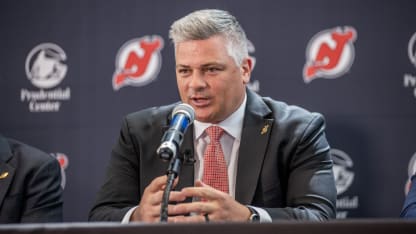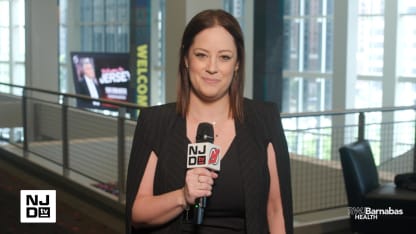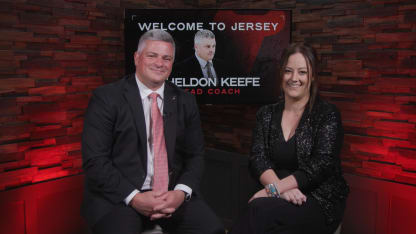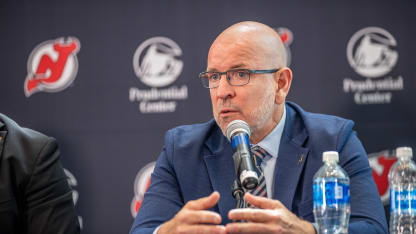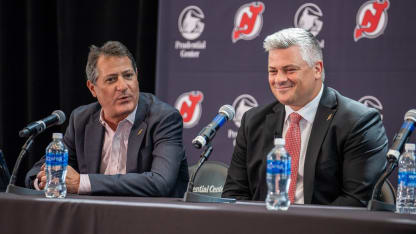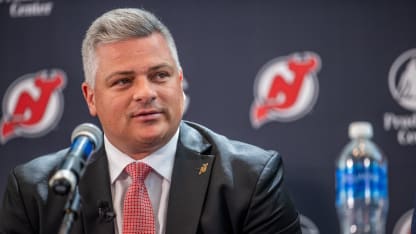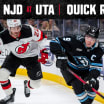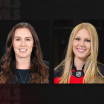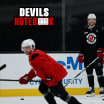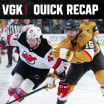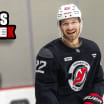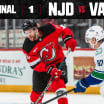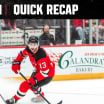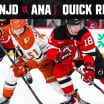“That is integral to building successful teams,” Keefe said. “First of all, having players accountable to themselves and what their responsibilities are to the team. Then ultimately having the group hold each other accountable.
“You do have to foster that as a coach. You have to make it clear what the ambitions are and make sure our actions are matching that on a daily basis. For me as a coach it’s to police that process and enforce it when the time comes and when necessary.”
And accountability is a two-way street for Keefe.
“I expect the players to hold me accountable as well. I have a job to do,” he said. “I want their communication and feedback if I’m not holding up my end or any member of our staff isn’t holding up our end to give them what they need.”
And accountability isn’t just talking the talk but walking the walk.
“Really, it’s about having actions match ambitions,” Keefe said. “We know what the expectations are here and what the potential is for the team to challenge for a playoff position, make the playoffs and ultimately compete to win a Stanley Cup.”
All that work starts on Day 1 of training camp and building details and habits that become second nature. Aside from winning a Stanley Cup, Keefe shared his other vision. That of how he expects his team to play.
“What you’ll expect from us is to play a style that is fast and competitive, that prioritizes pressure on the puck in all zones but also leans in on the skill to make plays,” Keefe said. “In order to do that you have to have the proper tools to do so. We have those here.
“Have a group to develop cohesion and connectivity within the group on both sides of the puck so that really shines through in all zones. Then have a team that is very good not just in the skilled parts of the game, not just in the defensive parts of the game, but in the game within the game.”
And when it comes to coaching and developing players, Keefe has learned that one size does not fit all.
“You’ve got to be flexible. You’ve got your core valuables and non-negotiables,” Keefe said, “my philosophy is you give the players what they need in the moment. I don’t think you can have one philosophy of this is how I do it and that’s it. I think you have to be able to read and adapt to each situation, each player and each personality and where the teams at. Sometimes it’s a one-on-one basis in your office. Sometimes you’re doing it out in front of the team because the team needs to know it and see it and know that the expectations are higher and we’re not meeting them.”

